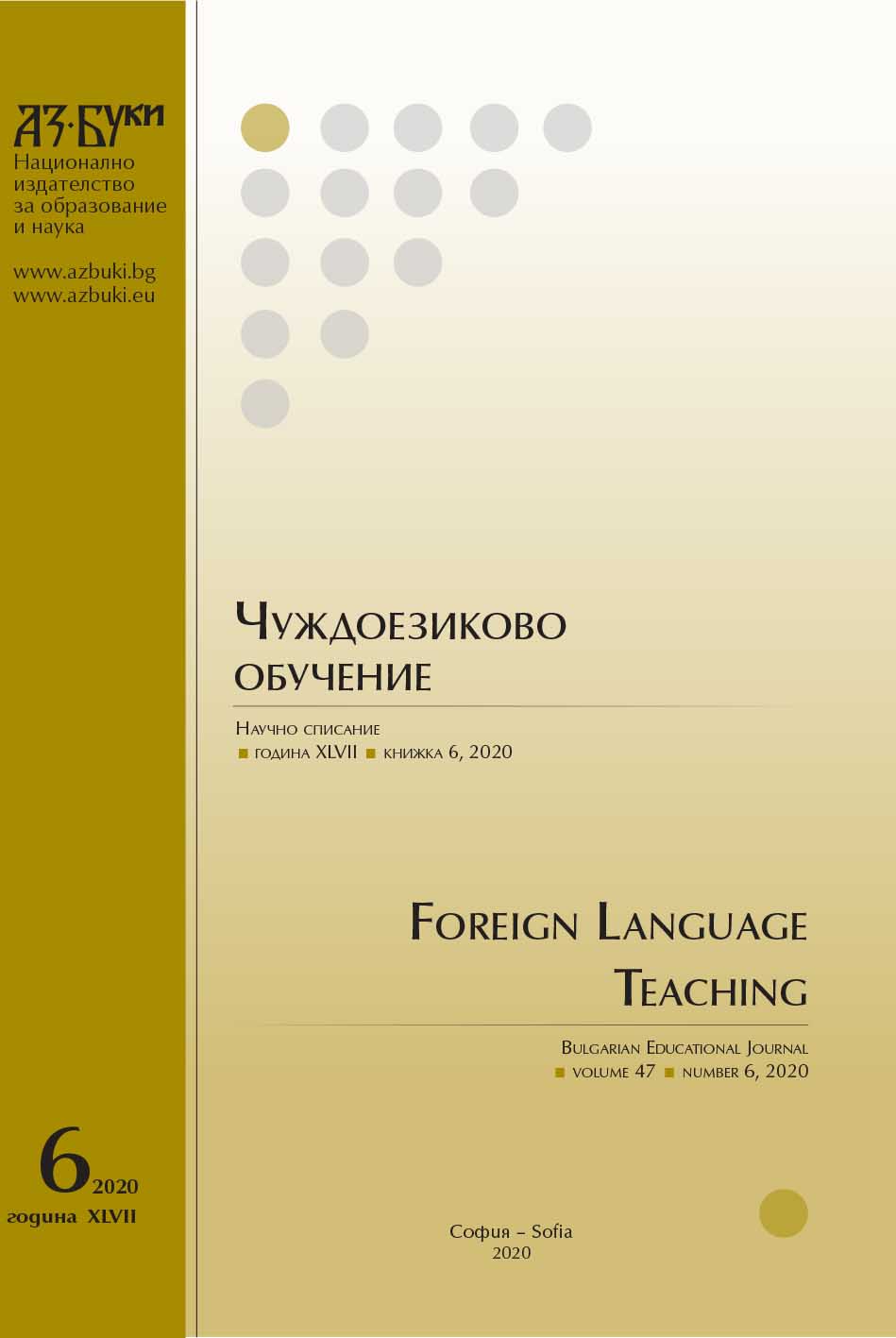Българските ЕДИ-местоимения и техните съответствия на руски език
Bulgarian EDI-Pronouns and their Equivalents in Bulgarian and Russian
Author(s): Elena Yu. Ivanova, Petya OsenovaSubject(s): Social Sciences, Language and Literature Studies, Education, Applied Linguistics, Language acquisition, Cognitive linguistics, Descriptive linguistics, Vocational Education, Adult Education, Higher Education , State/Government and Education, Inclusive Education / Inclusion, Stylistics
Published by: Национално издателство за образование и наука „Аз-буки“
Keywords: indefinite pronouns; reported speech; reduced speech; Bulgarian; Russian
Summary/Abstract: In Bulgarian a specific type of indefinite pronouns (formed with ЕДИ-) has been observed. Their role is not only to substitute the original information in the reported speech, but also to reduce it and make it “unspecific”. In Russian the same role is undertaken by the demonstrative pronouns of the type такой-то, тот-то, тогда-то. Very often these pronouns are semantically ambiguous. The current paper presents a contrastive corpus study of Bulgarian and Russian forms of the pronouns in question. The Bulgarian-Russian equivalents are described in their nominal, adjectival and adverbial usages. The similarities and differences are outlined in the structure of the “unspecifying” nominal phrases, in the position of the elements as well as in their functions
Journal: Чуждоезиково обучение
- Issue Year: 47/2020
- Issue No: 6
- Page Range: 567-577
- Page Count: 11
- Language: Bulgarian
- Content File-PDF

